Alloyed Steel for Blades ...
During producing, some metals are added to tool steel alloy for achieving the necessary properties for various applications. Those properties include wear resistance, toughness, flexibility, heat resistance, workability, corrosion resistance and decreased structural grain size. The alloying elements forming carbides increase primarily hardness, strength and fine-grained structure. The various carbides feature the following hardness: Iron Carbide HV 1100, Chromium Carbide HV 1600, Molybdenum Carbide HV 1800, Tungsten Carbide HV 2500, Vanadium Carbide HV 2800, Titanium Carbide HV 3200. Added in small quantities, chromium reduces structural grain size, furthermore, vanadium and niobium make the fine-grained steel structure.
Showing all 21 results
-
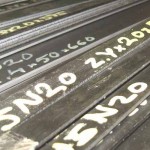
15N20 Nickel Steel
-

50CrV4 Steel
-

56Si7 (MS 517) Steel
-
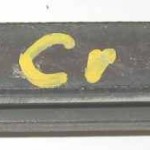
80CrV2 Steel
-
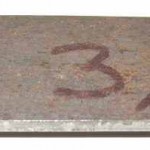
A203E (C 0.1% Ni 3.5) Nickel Steel
-
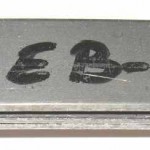
AEB-L Steel
-
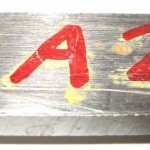
AISI A-2 Steel
-
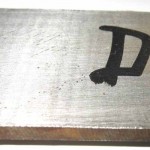
AISI D-2 Steel
-
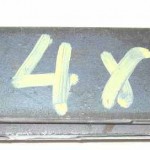
AISI M-1 Speed Steel
-
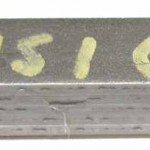
AISI O-1 Steel
-

C 1.0 Mn 2,0% Manganese Steel
-

EN 1.2767 for Lapland Knives
-
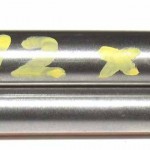
Silver Steel (EN 1.2210)
-
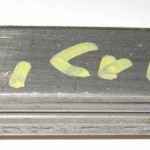
Ball Bearing Steel (SIS 2258)
-

MS 416 Steel
-

Renki-Impact Steel
-
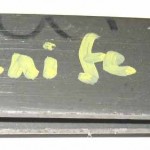
Renki-Knife (K329) Steel
-
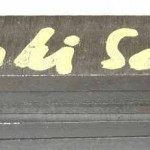
Renki-Shock Steel
-

Renki-Wear Steel
-

Sleipner Steel
-

Sverker 3, EN 1.2436 Steel






